In May 2025, Cardinal Robert Francis Prevost made history as Pope Leo XIV, becoming the first American to ascend to the papacy. As the world celebrates this monumental event, a surprising topic has emerged: the pope’s salary. While his role carries spiritual and symbolic significance, questions about his financial compensation have intrigued both the faithful and curious observers. Let’s dive into the realities of Pope Leo XIV’s financial arrangements and how they reflect the ethos of his office.
Does the Pope Receive a Traditional Salary?
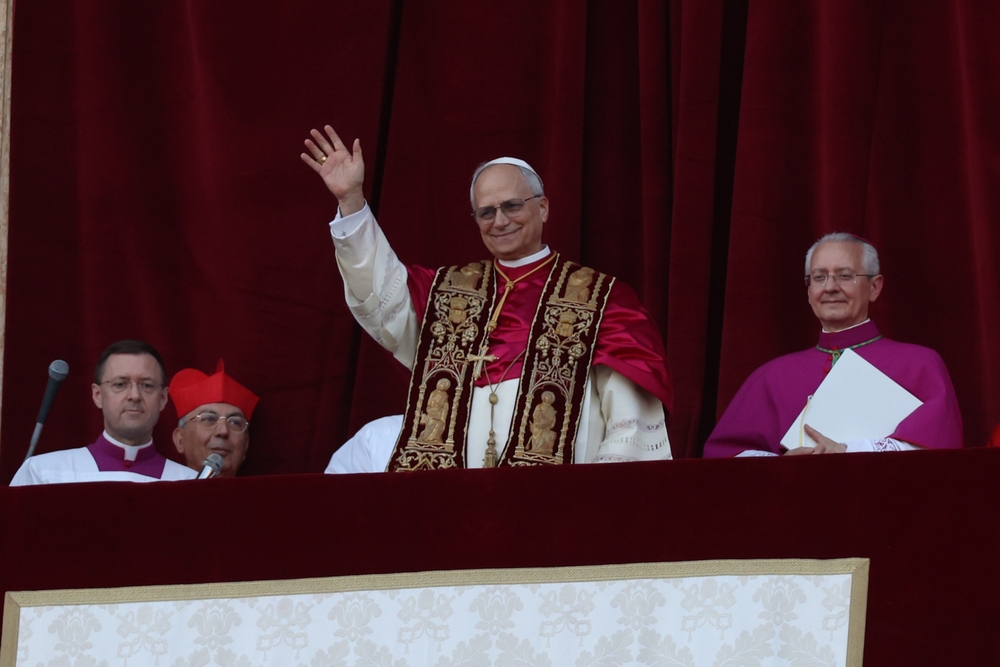
Contrary to what some may assume, the pope does not earn a conventional salary like corporate or political leaders. The Vatican covers all essential living expenses, including housing, healthcare, transportation, and clothing. However, Pope Leo XIV will receive a monthly stipend of approximately €30,000 (around $33,800 USD). This serves as discretionary spending money rather than income.
This modest allowance reflects the Catholic Church’s commitment to humility and service. As noted in Vatican communications, this approach is designed to ensure that the role of the pope remains a spiritual calling rather than a financial pursuit.
Where Does Vatican Funding Come From?
The financial support for the papacy comes from a variety of sources. A significant contributor is Peter’s Pence, an annual global collection that supports the pope’s apostolic mission and charitable efforts. Additionally, the Vatican generates revenue through its vast real estate holdings, including properties in Rome and beyond, as well as its world-famous museums and historical sites. These institutions attract millions of visitors each year, providing the Church with a steady income stream.
What Perks Does the Pope Receive?
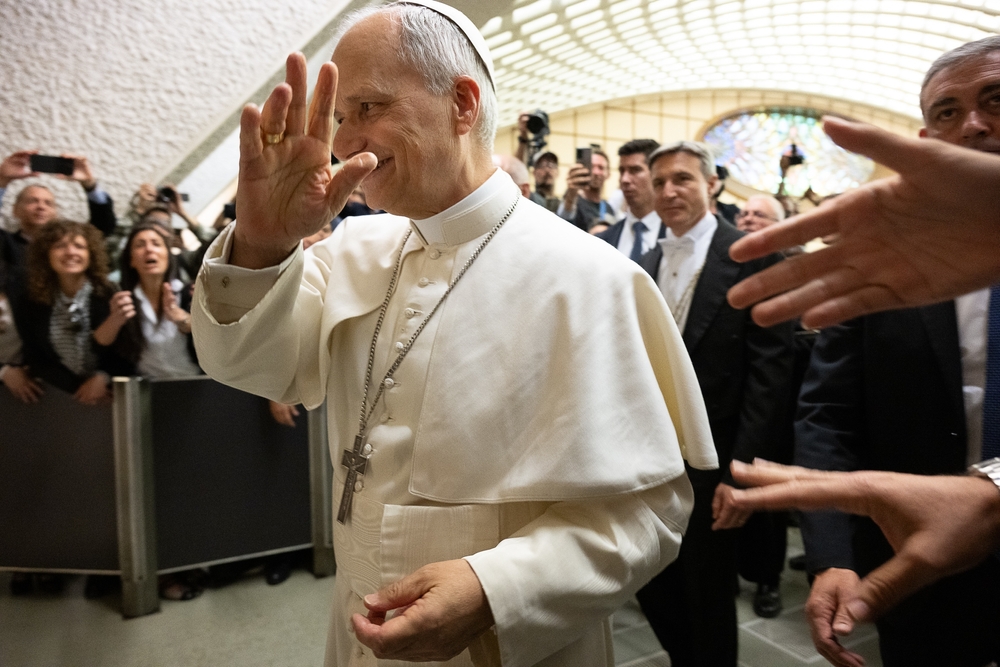
While the pope’s stipend is modest, the resources afforded to him are substantial. He resides in Vatican City, traditionally in the Apostolic Palace. He has access to transportation, including a dedicated aircraft for international travel. The Vatican also covers the cost of custom garments, a comprehensive healthcare plan, and round-the-clock security provided by the Swiss Guard. These provisions are not perks in the traditional sense but tools to ensure that the pope can fulfill his duties effectively. As the leader of over 1.3 billion Catholics, his responsibilities are unparalleled.
From Cardinal to Pope: A Pay Cut for Leo XIV
Before ascending to the papacy, Cardinal Robert Francis Prevost held senior roles in the Vatican. he earned between €4,000 and €5,000 per month, alongside housing and other benefits. His new position, while more significant in responsibility, does not offer a comparable financial boost. This demonstrates the Church’s emphasis on spiritual leadership over material rewards.
Read More: Some Catholics Fear Pope Leo Could Bring ‘Woke Revolution’ to the Vatican
Pope Francis’s Example of Simplicity
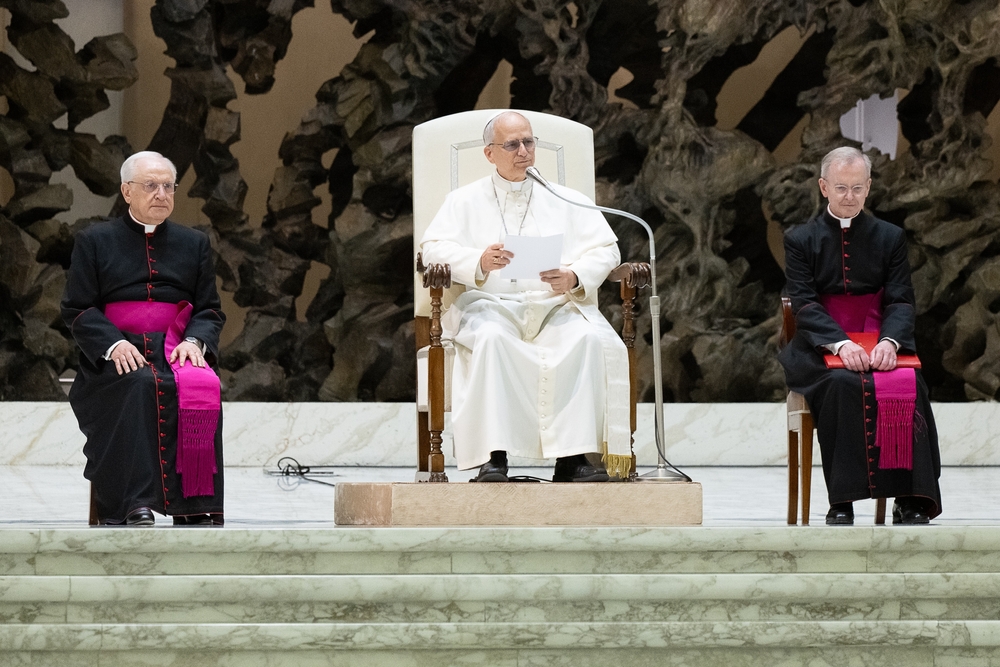
Pope Leo XIV follows in the footsteps of Pope Francis, who famously declined a personal salary during his tenure. He chose to live modestly in the Vatican guesthouse rather than the luxurious papal apartments and redirected many gifts and offerings to charitable causes. His lifestyle set a powerful precedent, emphasizing humility and service. As Pope Leo XIV begins his journey, many expect him to continue this tradition of simplicity.
A Historical Context of Papal Finances
Papal attitudes toward wealth have varied greatly throughout history. For instance, Pope Leo X (1513–1521) indulged in opulence, while Pope Pius XII (1939–1958) dedicated resources to humanitarian efforts during World War II. More recently, popes like John Paul II and Benedict XVI modeled modest living, emphasizing spiritual leadership.
Why the Modest Stipend?
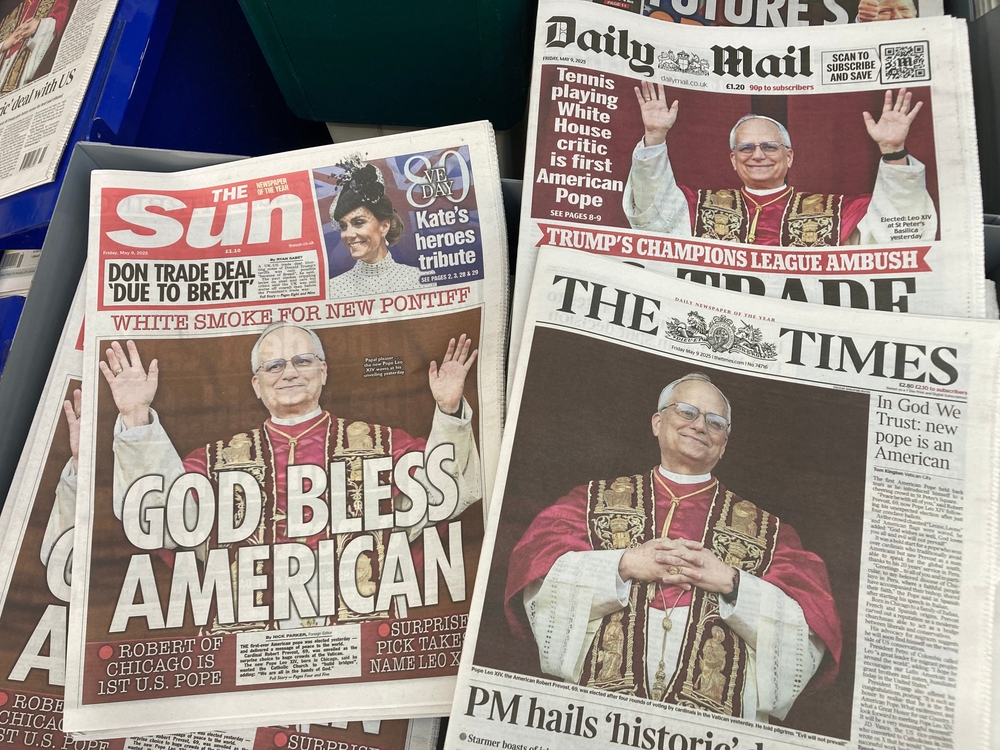
The title “Servant of the Servants of God” encapsulates the rationale behind the pope’s modest financial arrangements. A substantial salary would conflict with the Church’s values of humility and service. Additionally, the pope cannot convert Vatican assets or gifts into personal wealth. This ensures that the resources of the Church remain dedicated to its mission.
The Road Ahead for Pope Leo XIV
Known for his pragmatic leadership, Pope Leo XIV may continue the reforms initiated by Pope Francis. He is focusing on financial transparency and ethical stewardship of Church resources. Whether he introduces new policies or reinforces existing ones, his leadership will likely reflect his commitment to the Church’s spiritual mission.
A Stark Contrast
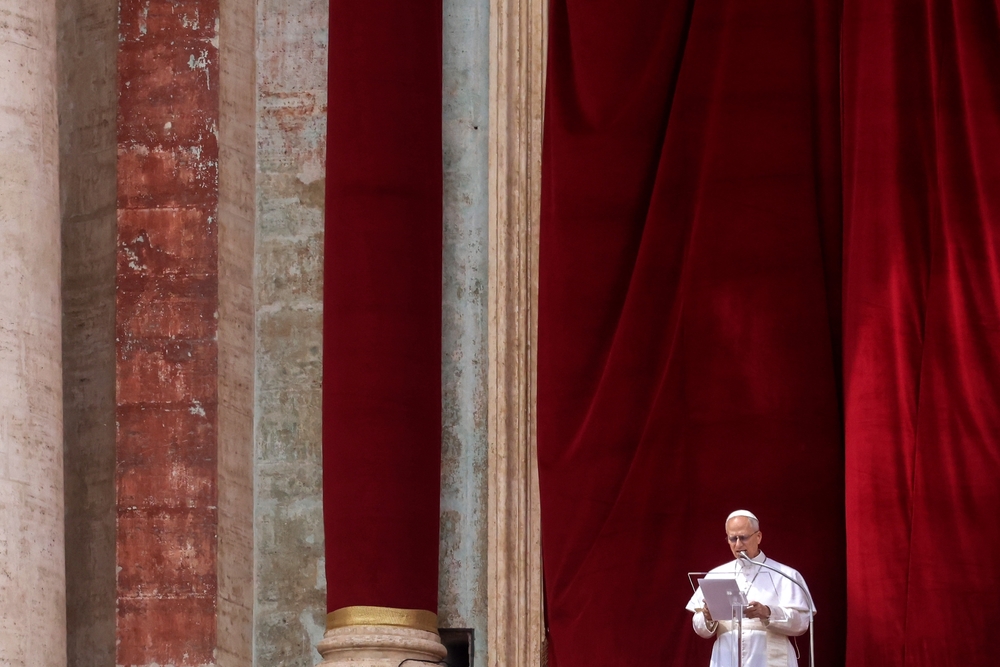
Pope Leo XIV’s modest stipend contrasts starkly with the global influence of his role. By forgoing a traditional salary and embracing simplicity, he exemplifies the Church’s values of humility and service. While the financial arrangements may seem surprising to outsiders, they underscore that the papacy is a spiritual duty rather than a financial ambition. In a world often driven by wealth and power, Pope Leo XIV’s position stands as a reminder of the enduring value of selflessness.
Read More: ‘I Can’t Stay Quiet’: Pope Leo XIV’s Brother Joins Critique of Trump’s Policies

